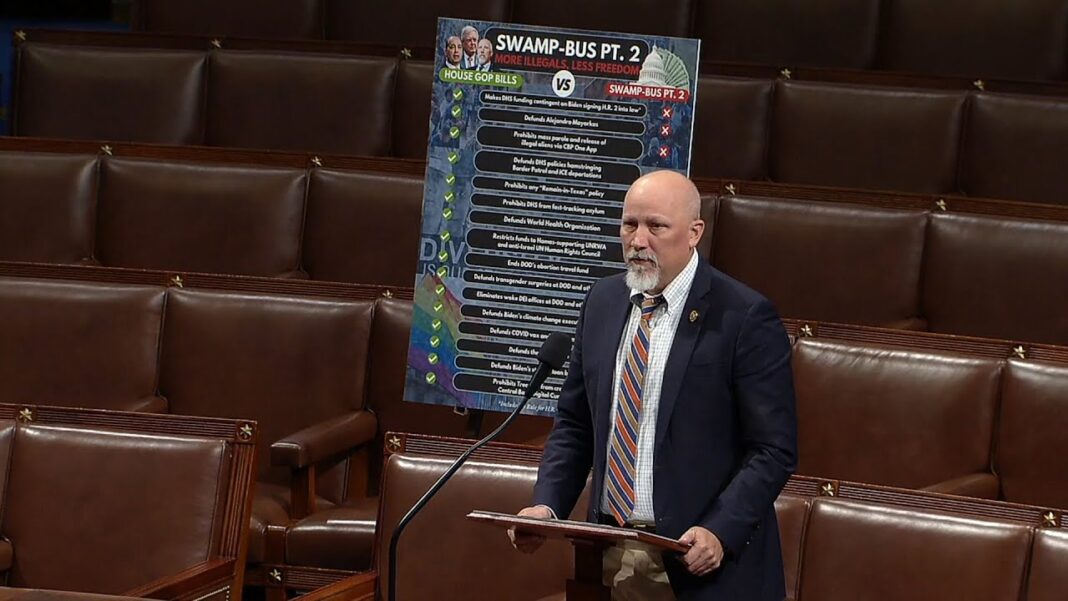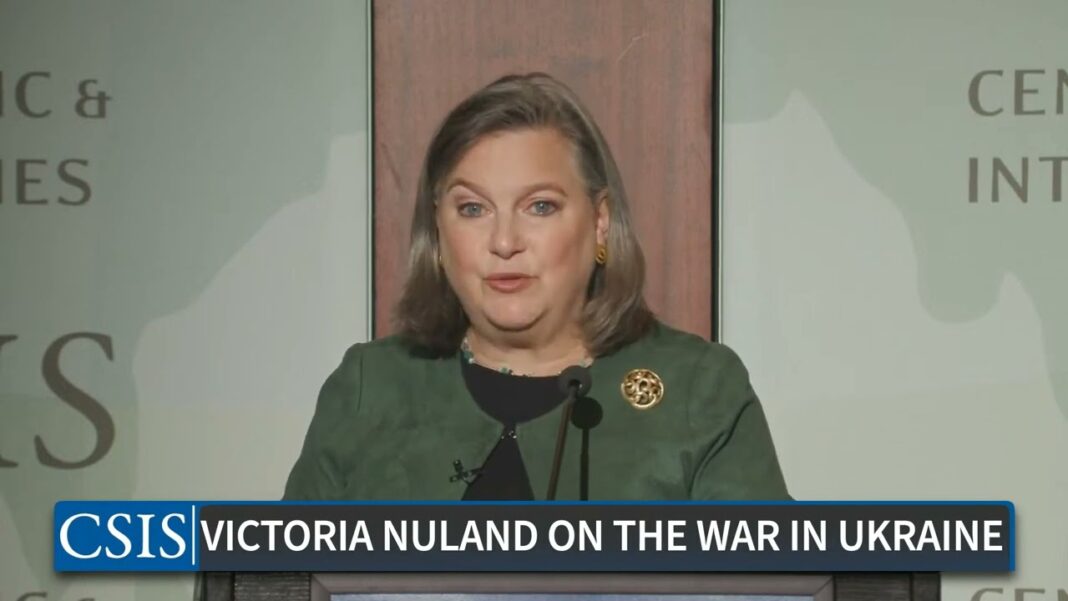While the Senate missed the midnight shutdown deadline, Congress has cleared a bill to fund 70 percent of the government.
WASHINGTON—The U.S. Senate in the early hours of March 23 passed a $1.2 trillion omnibus spending package that was approved by the House on Friday.
The Senate cleared the bill in a 74–24 vote. It will now go to President Joe Biden, who’s expected to sign it.
The passage came as the government had technically gone into a partial shutdown, though a short-lived one lasting only two hours.
The bill, coming in at over 1,000 pages and $1.2 trillion in spending, rocketed through Congress this week after its introduction around 2:00 a.m. on Thursday. After the bill’s passage in the House on March 22, it’s progress in the Senate was delayed for several hours due to a disagreement between Republicans and Democrats about the rules for amending the bill.
Earlier on Friday, the House passed the spending bills in a 286–134 vote, with the majority of Republicans voting against the package. Conservatives were left fuming over spending increases in the deal. Rep. Marjorie Taylor Greene (R-Ga.) filed a motion to force a vote to oust House Speaker Mike Johnson (R-La.) meant as a “warning” to the speaker.
“It’s more of a warning and a pink slip,” Ms. Greene told reporters, as she does “not wish to inflict pain on our conference and to throw the House in chaos”—as was the case in September when Mr. Johnson’s predecessor, former Rep. Kevin McCarthy (R-Calif.), was ousted from the position.
The bill would fund the Departments of State, Defense, Treasury, Homeland Security, Labor, Health and Human Services, and Education.
The Pentagon would get $825 billion—$27 billion more than in the 2023 fiscal year—including $92 million more than requested by the Biden administration to improve U.S. Indo-Pacific Command’s deterrence amid the threat from China. There is $108 billion allocated for U.S. security cooperation with Taiwan and $300 million for the Ukraine Security Assistance Initiative, which consists of training, equipment, and other means to aid Ukraine.
However, direct funding for Ukraine and Taiwan is not in the spending bill as Congress is stuck trying to pass a supplemental assistance package for Taipei and Kyiv as Republicans have called for stringent border measures in exchange. The GOP blocked a Senate bill that consisted of assistance for Ukraine and the Indo-Pacific, including Taiwan, and some specific border security measures.
By Jackson Richman and Joseph Lord







